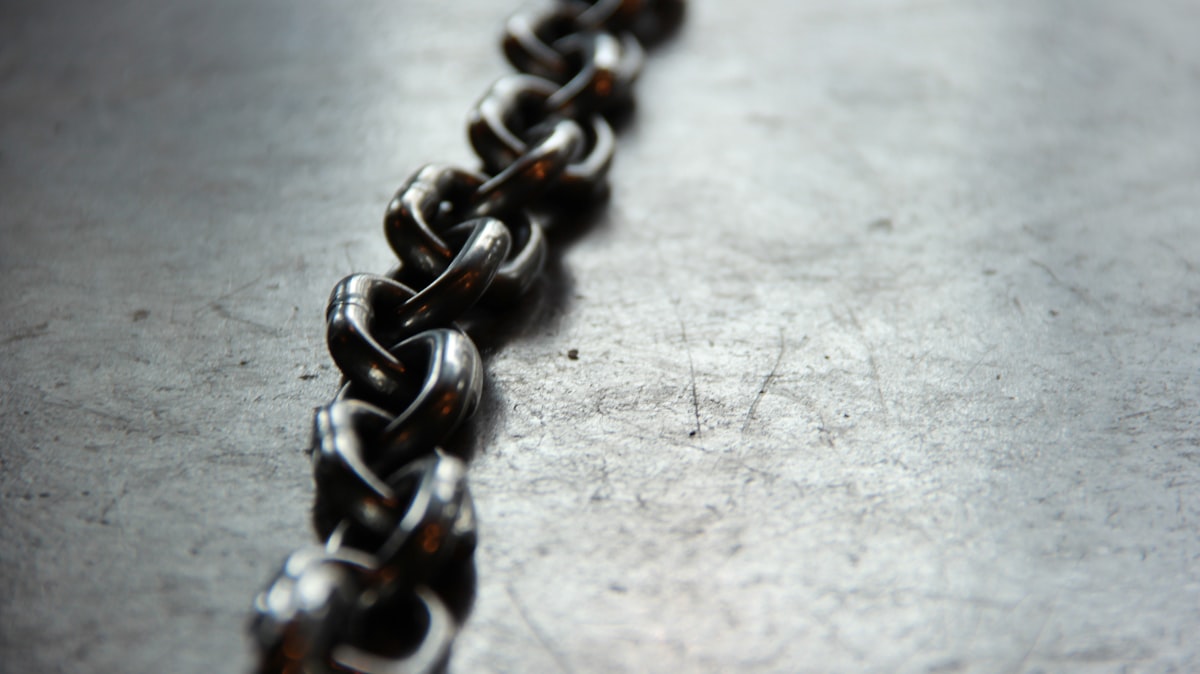SEOs buying up defunct URLs linked to by major news sites
The black hat SEO business has a new trick - and publishers should be careful of their old links.

The endless SEO arms race continues and publishers might end up being collateral damage, if they're not careful. Thanks to being the sort of crusty old web user who still uses RSS, I've notice an upswing in old, defunct blogs I was still subscribed to having their URLs claimed by SEOs and reborn as marketing sites.
What I hadn't noticed - but which Buzzfeed's Dean Sterling Jones had — is that there's a deeper scheme at work. And yes, it's an SEO scam.
An investigation by BuzzFeed News found dozens of examples of the link hijack scheme being used to secure backlinks from at least 10 major news sites, including the New York Times, the Guardian, Forbes, HuffPost, CNN, BBC News, and Bloomberg.
These results are another example of how search engines like Google are being manipulated at scale by a global industry of shady SEO consultants and marketers that take over expired domains, acquire once-credible websites, place undisclosed sponsored content, and launch extensive manipulation campaigns to make their content appear higher in search results.
The danger is that Google sees sites linking to poor quality, spammy sites, and penalises them as a result. Google will eventually find a way to neutralise this tactic. It always does. As a recent WIRED UK piece said, quoting an insightful, handsome and charming expert:
“Since the very moment Google came on the scene, links moved from being the defining characteristic of the web, to being a battleground. Google’s core insight was that you could treat every link as, essentially, a vote for the site,” says Adam Tinworth, a digital publishing strategist. Tinworth explains that Google tries to minimise the effect of these ‘unnatural linking patterns’, which includes comment spam and ‘guest posts’, but it remains part of “how the shadier side of the SEO industry operates”.
In the meantime, however, I wonder if big publishers need to start monitoring their sites for broken links to old sites, and then either remove those links, or redirect them to the Internet Archive version of the pages. There are a whole bunch of free and paid dead link checkers that can automate the process to some degree.
Black Hat SEO: why we can't have nice things on the internet.
Grab a place on my Essential SEO skills course, running through journalism.co.uk this September.





